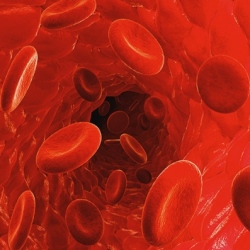
The Nobel Prize in Physiology or Medicine 2015 was divided among William C. Campbell and Satoshi Omura for their discoveries involving a therapy against infections by roundworm parasites, and to Youyou Tu for her discoveries involving a novel therapy against malaria.
Campbell and ura discovered the drug Avermectin, which has dramatically lowered incidences of River Blindness (Onchocerciasis), Lymphatic Filariasis (Elephantiasis), and other parasitic diseases. Tu discovered Artemisinin, a drug that has lowered mortality rates for people stricken with malaria. She is the 13th woman to be awarded the Nobel Prize.
As the Nobel Assembly stated in a release: “These two discoveries have provided humankind with powerful new means to combat these debilitating diseases that affect hundreds of millions of people annually. The consequences in terms of improved human health and reduced suffering are immeasurable.”
Avermectin and Artemisinin have collectively saved hundreds of thousands, if not millions, of lives since they were put into use less than half a century ago. Malaria claims more than 450,000 lives around the world each year, while billions are at risk of infection. Parasitic worms affect nearly a third of the world’s population.
After decades of limited progress, the discoveries of these new drugs dramatically changed the situation. After graduating from the Pharmacy Department at Beijing Medical University in 1955, Youyou Tu applied her knowledge of herbal medicine to isolate the extract Artemisia annua, to see how it would interact with malaria. Also known as sweet wormwood, it proved highly effective at killing the parasite. The drug, in conjunction with other medicines, saves more than 100,000 lives each year.
Japanese microbiologist Satoshi ura, a researcher at the Kitasato Institute, isolated a number of promising microbes found in soil samples that he believed had the potential to fight diseases. William Campbell, who received his PhD from University of Wisconsin, Madison in 1957, explored ura’s Streptomyces bacterial samples further, and discovered that one was particularly effective against parasites in domestic and farm animals.
This compound’s active ingredient, Avermectin, would later be refined and called Ivermectin. When used in humans with parasitic infections, Ivermectin safely and effectively kills parasite larvae, or microfilaria. This drug has proven so effective that some roundworm diseases are actually on the verge of eradication.
